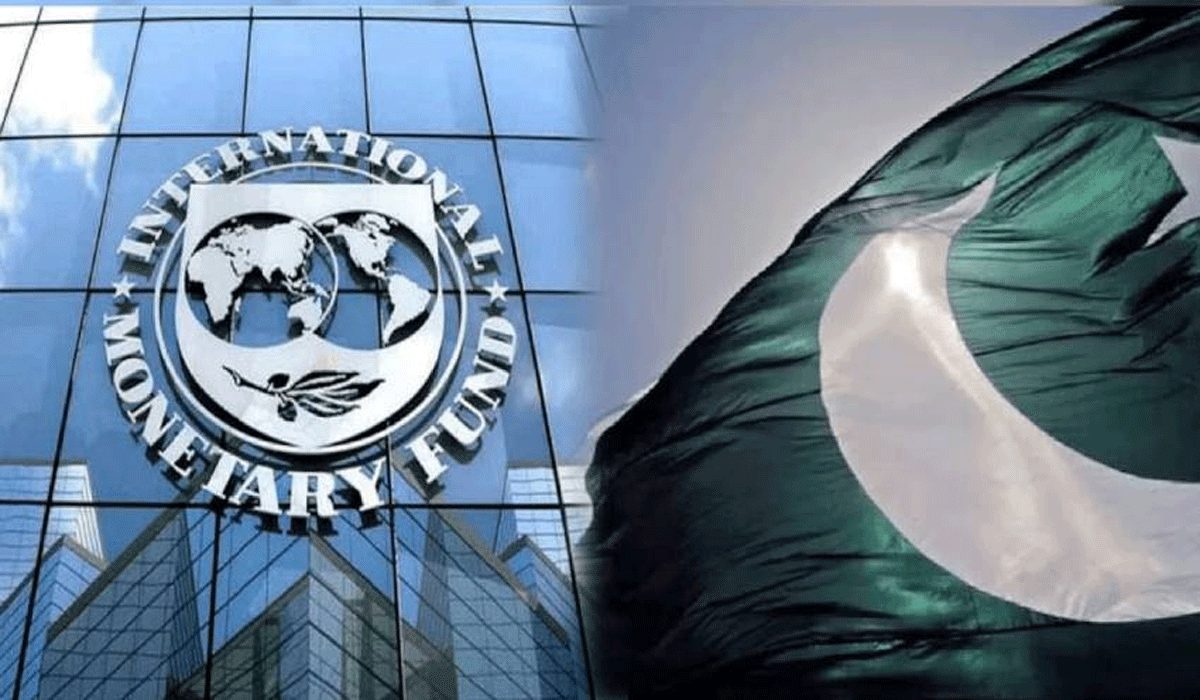In the bustling heart of Pakistan, where the sun kisses the spires of ambition, a melody of hope and negotiation echoes as the International Monetary Fund’s technical emissaries grace this ancient land. Their purpose? To weave a new tapestry of financial understanding amid the fragrant markets and winding streets.
In this unfolding chapter, the custodians of governance, led by Sharif’s PML-N government, have pledged fidelity to a path of fiscal rectitude. They sing promises to the IMF, weaving vows like silken threads: no new fuel subsidies shall bloom nor shall the shadows of cross-subsidy schemes cast their bewildering hues upon the fiscal horizon.
READ MORE: The Impact of Social Media on the Essence of Mother’s Day
Ah, the circular debt—once a tempest in the night, now a calm shore as the tides of 2023 ebbed into 2024. Efforts have borne fruit, as energy tariffs found harmony with the ledger and the sentinels against theft stood steadfast in the power sector’s alleys.
A symphony of reform played out upon the stage of February, when a crescendo of gas tariffs rose in unison, heralding the promise of meeting fiscal targets for the year. Yet, the maestros of policy muse upon further verses—improving the veins of transmission, coaxing the DISCOs into a brighter cadence, and transmuting debt into public gold.
Across the table, the IMF’s voice resonates like distant thunder. They urge not merely adjustments but a symphony of renewal—cost-side hymns and the architecture of reformation to resurrect the energy sector’s essence. In this dance of economics, the Fund waltzes with Pakistan, suggesting the transformation of shields into sustenance, replacing the cloak of progressive tariffs with the tender embrace of cash transfers in the distant dawn.
For here, in the tapestry of nations, the rhythm of reform beats a hopeful pulse. Through the corridors of discourse, Pakistan’s story is inscribed—a sonnet of challenges met with resolve, of pathways charted toward prosperity’s distant shores.




